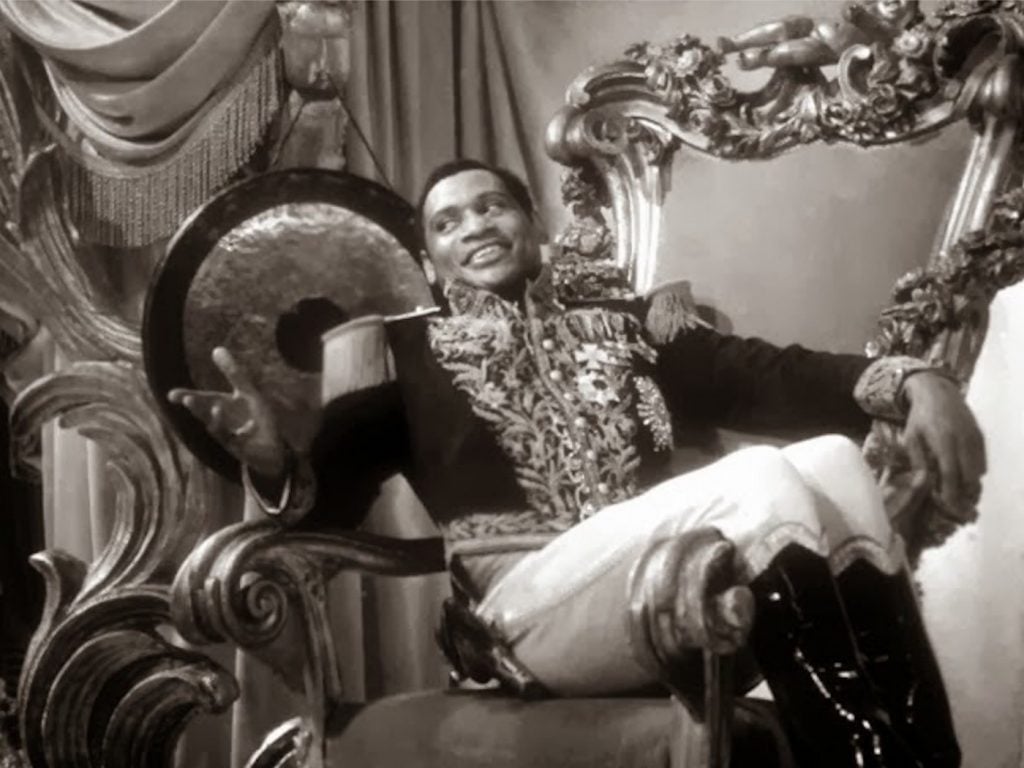 Brexit, Trump’s triumph, and the rise of Le Front Nationale made 2016 a year of the West looking inward. Whether motivated by immigration, economic inequality, or a desire to get taking care of number one back to the top of the priority list, last year has put isolationism firmly back on the agenda.
Brexit, Trump’s triumph, and the rise of Le Front Nationale made 2016 a year of the West looking inward. Whether motivated by immigration, economic inequality, or a desire to get taking care of number one back to the top of the priority list, last year has put isolationism firmly back on the agenda.
Isolationism itself is nothing new—this foreign policy dominated 1920s America. Despite the hard work President Woodrow Wilson put into the League of Nations in order to achieve a successful period of peace after World War One, 1920 saw the US refuse to join the international-dispute settling organisation. Further, the fact that America’s Open Door immigration policy only concluded in 1917 meant that an anti-immigration sentiment dominated the period. Many people were angry at arrival of huge numbers of poor, uneducated, and culturally different individuals. These feelings of unease were also stoked up by fears that the US, like Russia, would be subject to a Communist Revolution.
With Donald J. Trump about to make himself at home in the White House, 1920s America starts to feel less like the distant past. Repeated claims he will build a wall along the US-Mexico border, his support for a database detailing all Muslims in the country, and his refusal to condemn the Ku Klux Klan’s support for him mean it seems that 2017 could bring an unwelcome sense of déjà vu.
But just because Trump can be deemed ideologically archaic doesn’t necessarily mean theatre will follow suit. Unlike the politics of the twenties, American theatre reached out to new ideas and modes of expression. The Emperor Jones by Eugene O’Neil opened at the start of the decade to great box-office success with experimental narration techniques performed by an all-black cast. It also had a political undertone, questioning the 1915 U.S occupation of Haiti which O’Neil condemned. His later play Strange Interlude even took five years to be accepted for production on Broadway in 1928 due to its controversial themes of infidelity and abortion.
Jerome Kern and Oscar Hammerstein II’s 1927 production Showboat was similarly progressive. Not only was it based on the novel of a female author Edna Ferber, who focused on strong female characters and explored discrimination in all her writing, but it represented a new serious brand of musical storytelling which, through the characters Julie and Steve, explored the plight of mixed race performers in a time of segregated white audiences.
Of course American theatre also responded with escapism, helping those citizens not privy to the joys of the economic boom to relax with stories of love and thrilling spectacles. In fact, one of the beneficiaries of the previous Open Door policy was Russian-born Irving Berlin. The sentimental nature of his songs, which include ‘What I’ll Do’ (1924), ‘Always’ (1925), and ‘Blue Skies’ (1926), was hugely popular. Whilst Berlin’s thematic material may have been nothing new, Busby Berkley’s intricate chorus choreography formations served to transport audiences into the world of the musical through a level of complexity that had not been seen previously. The twenties also saw Harry Houdini continue to amaze with his Milk Can Escape, Chinese Water Torture Cell, and Buried Alive stunts, pushing the boundaries of what audiences conceived as possible.
It remains to be seen whether theatre will respond to this new period of isolationism with a similarly pioneering and escapist cocktail of progressive theatre. The addition of globalisation and our increased interconnectivity will no doubt mean that it will not just be American creatives responding to life under the forthcoming administration.
Filed under: Theatre & Dance

Comments